5 heart-healthy foods that men can work into their diet to reduce the risk of heart disease.
Men are twice as likely as women to have a heart attack. And as men age, heart health is even more a concern. The average human heart pumps around 2,000 gallons of blood through the body every day. It’s a relentless job, and one that needs our support.
Men also tend to experience heart problems at a younger age than women. This makes them more susceptible for a larger portion of their lives. In the U.S., the average age for a first heart attack is 65 in men, compared to 72 in women.
In essence, if you’re a man, it pays to start thinking about heart heath sooner rather than later.
Stop smoking and exercise daily are a few things you can do to reduce your risk of heart disease. However, making smart food choices is also key. That said, here’s a handful of heart healthy foods to eat more often.
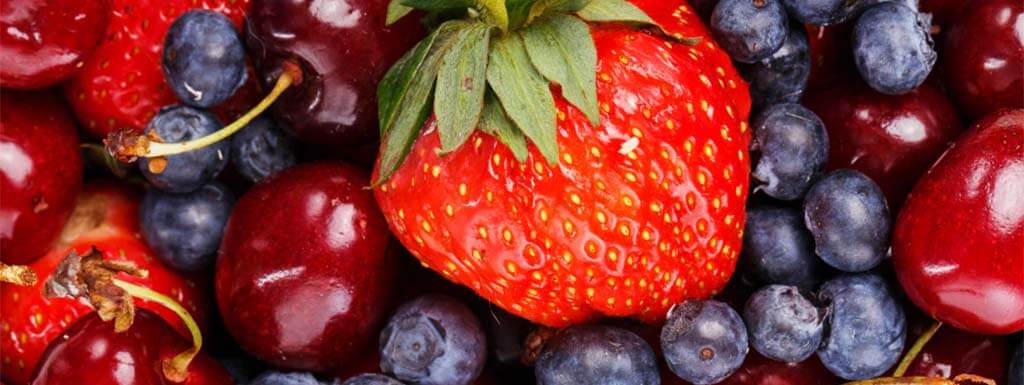
1. Berries
Berries are among the healthiest food you can eat. Not only are they delicious and nutritious, they also provide a number of impressive health benefits.
Common varieties like strawberries, blueberries, blackberries and raspberries are packed with anthocyanins. This type of nutrient is responsible for giving berries, as well as other fruits, their red, purple or blue color. Anthocyanins also protect the body against oxidative stress that can contribute to health problems like heart disease.
Jane’s Cafe offers an array of seasonal fruits in cups and bowl sizes available for online order delivery.
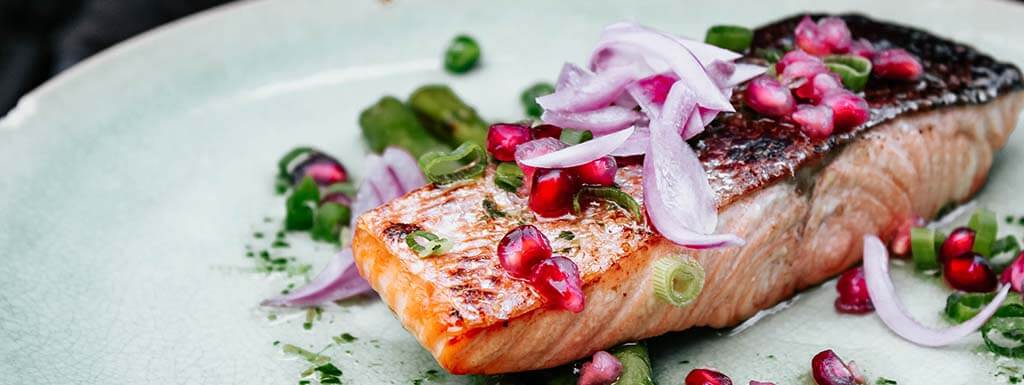
2. Fatty Fish
The essential fatty acids in fish like, salmon, mackerel and tuna are vital for maintaining men’s heart health. This is because fatty fish is packed with Omega-3, a type of unsaturated fatty acid. In fact, studies show that these fatty acids are an excellent anti-inflammatory.
Eating salmon three times a week over a course of two months could significantly decrease blood pressure in some adults. To do our part, we offer heart-heathy foods for men including white albacore tuna sandwiches.
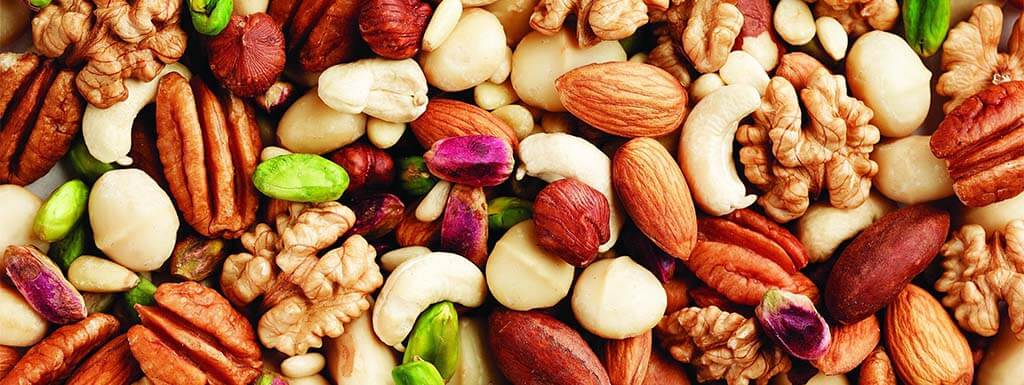
3. Seeds and Nuts
Seeds and nuts are good sources of protein, healthy fats, fibers, vitamins and minerals. They also regulate body weight as their fats are not fully absorbed. Plus, they regulate food intake, and help burn energy.
The nutrient profiles of seeds are very similar to those of nuts. Commonly consumed seeds include pumpkin, flax, sesame, poppy, and chia seeds. Research has shown that regular nut consumption as part of a healthy diet does not promote weight gain. And nuts can protect against chronic diseases such as heart disease and diabetes.

4. Olive Oil
Olive oil has been linked with overall good health, including a healthier heart. The predominant fatty acid in olive oil is a monounsaturated fat called oleic acid. This fatty acid makes up 73% of the total oil content. Studies suggest that oleic acid reduces inflammation and may even have beneficial effects on genes linked to cancer.
Apart from extra virgin olive oil’s beneficial fatty acids, it also contains modest amounts of vitamins E and K. But olive oil is also loaded with antioxidants. These antioxidants are biologically active and may reduce your risk of chronic diseases.
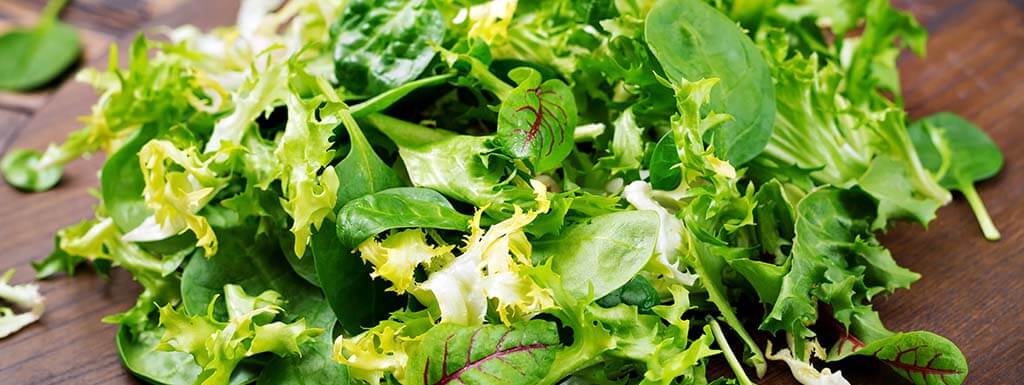
5. Leafy Green Vegetables
Leafy vegetables such as spinach are not only low in calories, but are packed with vitamins, minerals and fiber. Additionally, they are a great source of vitamin K, which is vital for proper blood clotting in the body. They can also help protect against osteoporosis and inflammatory diseases.
Further, these types of vegetables are jam-packed with nitrates which can reduce blood pressure. They are great as a salad, nourish bowl or main dish. Choose from our various types of salads, including Chicken Greek Salad and Strawberry Salad.
You may also enjoy reading: 5 Reasons To Eat Soup This Winter
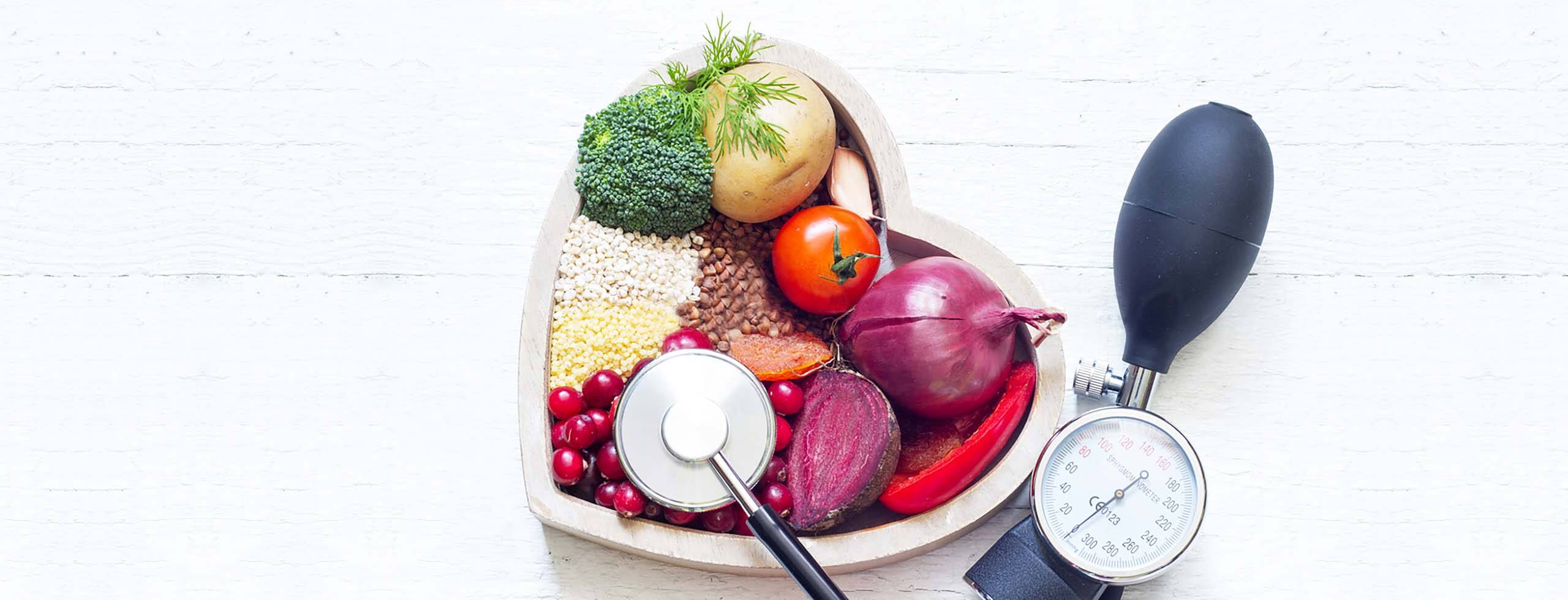











Leave a Reply